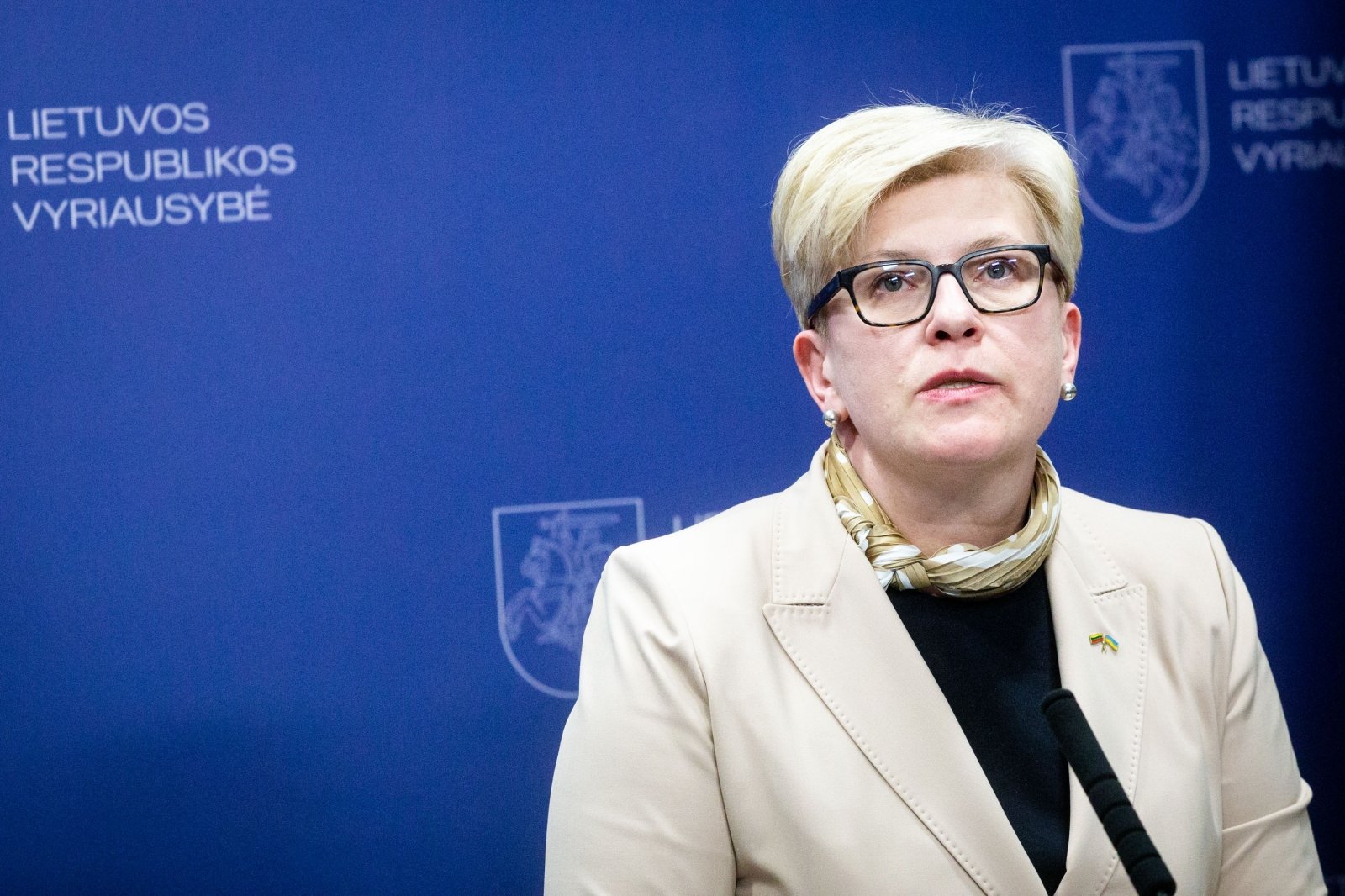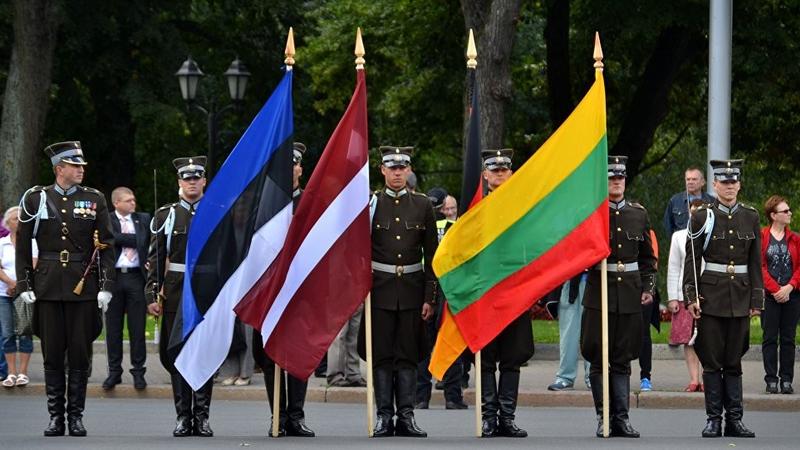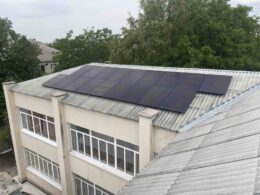Lithuania is prepared to send its soldiers to Ukraine on a training mission, its prime minister Ingrida Šimonytė has told FT.
Lithuania, which gained independence from Moscow in 1990, seeks to strengthen military support for Ukraine amid the ongoing Russo-Ukrainian war.
Earlier, Lithuanian Prime Minister Ingrida Šimonytė endorsed Macron’s strategy of “strategic ambiguity” about the deployment option, suggesting it effectively counters Putin’s unpredictability.
Now, Šimonytė revealed to the Financial Times that she has obtained parliamentary permission to deploy Lithuanian troops to Ukraine for training purposes, though Kyiv has not made such a request yet. Acknowledging Russia would view this move as a provocation, she asserted that inaction out of fear of Russian response would impede any assistance to Ukraine:
“If we just thought about the Russian response, then we could not send anything. Every second week you hear that somebody will be nuked,” said Šimonytė.
The Lithuanian premier dismissed concerns over Russia's potential use of nuclear weapons, citing the risks of radioactive fallout affecting Russian territory as well:
"Most of the time, the winds blow from west to east,” she noted.
According to Šimonytė, Russia has intensified attacks on Ukrainian civilian infrastructure like power plants, schools, and hospitals, in an attempt to trigger a fresh wave of refugees to the EU fleeing the lack of basic utilities and services.
Read also:
- Macron advocates strategic ambiguity in French troop decisions for Ukraine
- Lithuania’s top officials support Ukraine’s move to recall Ukrainian men of conscription age
- Macron’s conditions to deploy troops in Ukraine: Russia’s breakthrough and Ukraine’s request
- Lukashenka scared Belarusians with Lithuanian drones and NATO troops before unanimous approval of military doctrine
- Lithuania supplies Ukraine with M577 armored vehicles
- Lithuania transfers L-39 attack aircraft to Ukraine
- Lithuanian PM: Proper air defense could enable Western instructors in Ukraine





